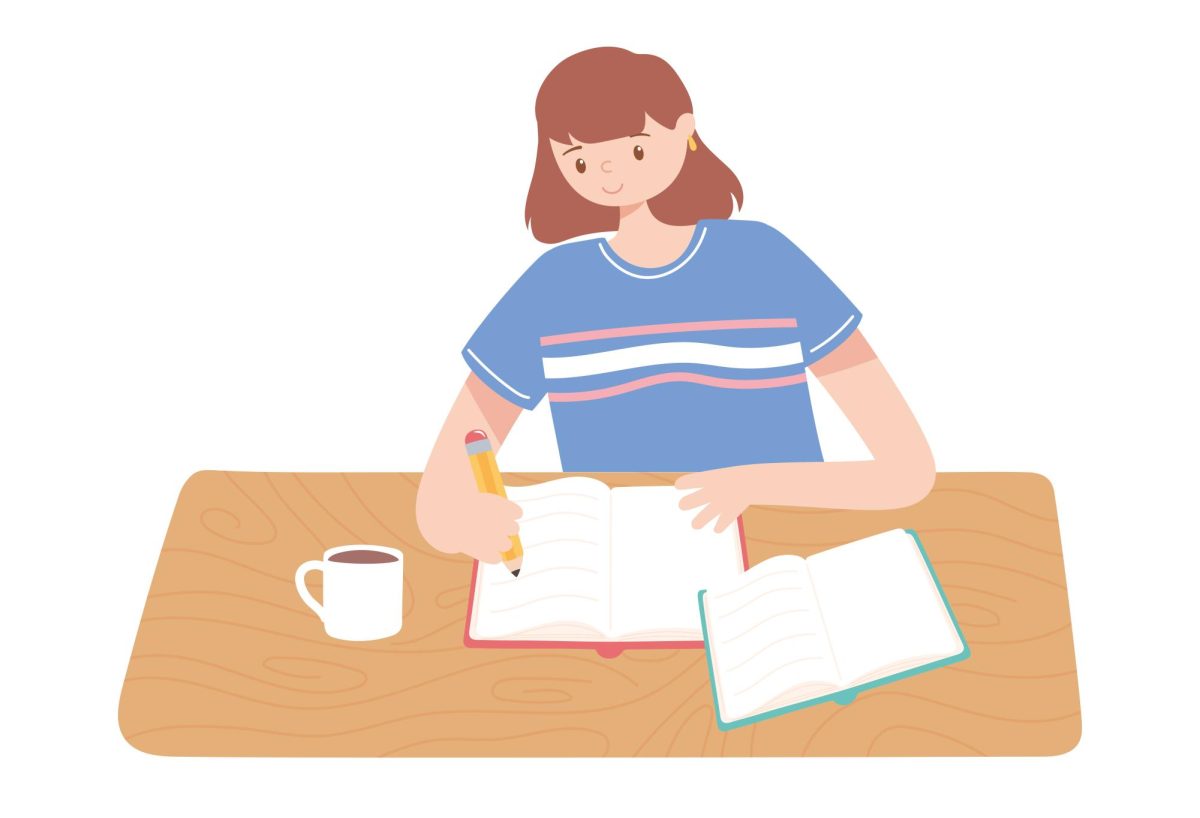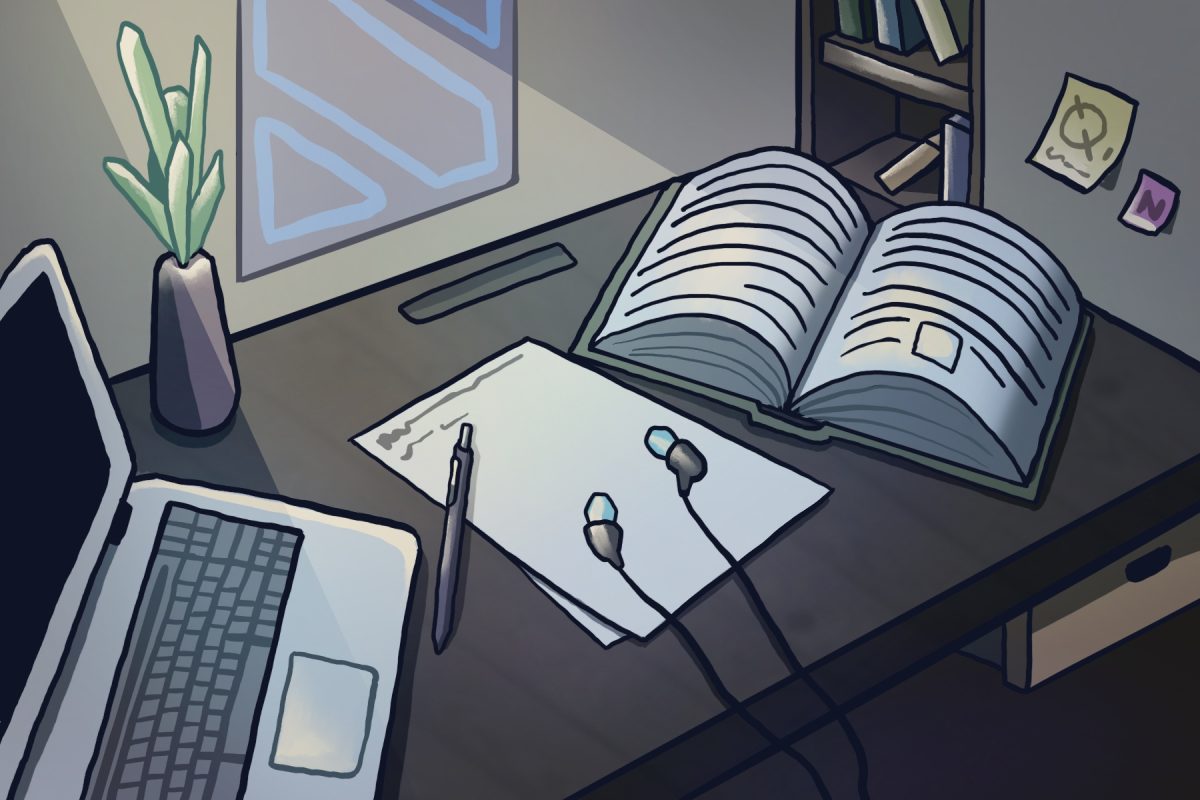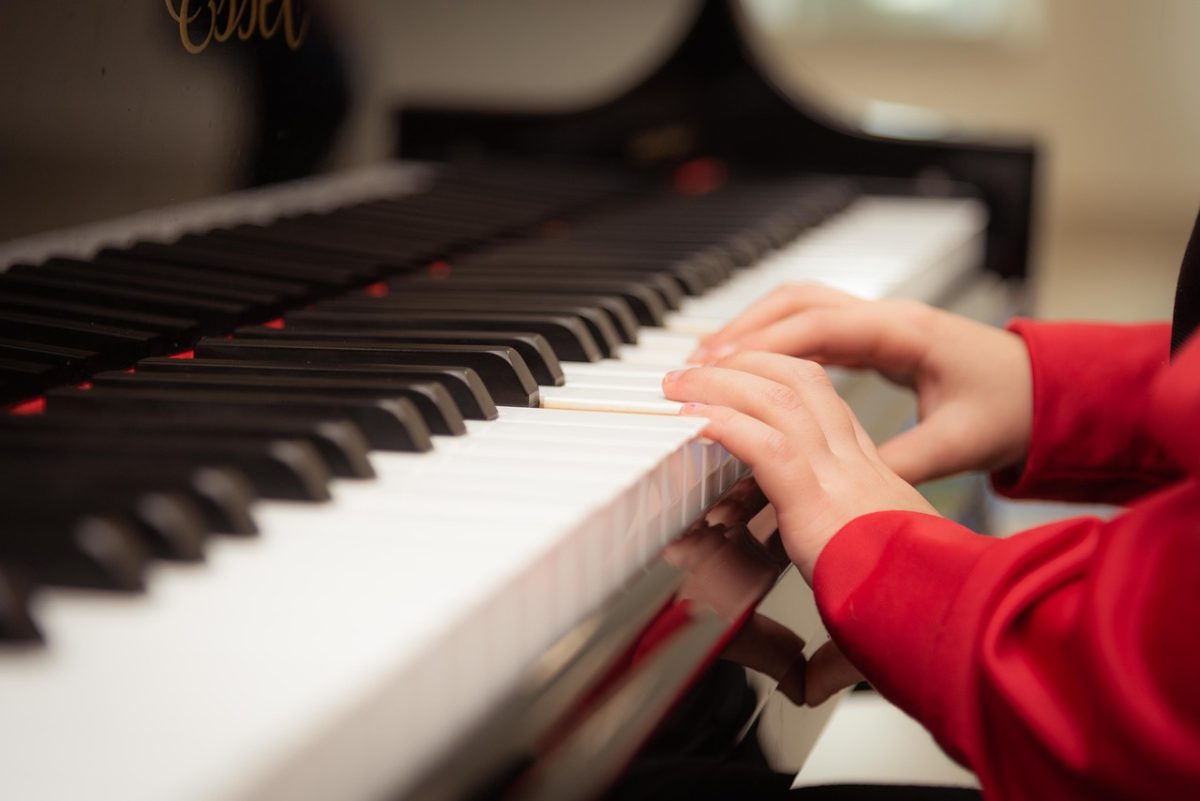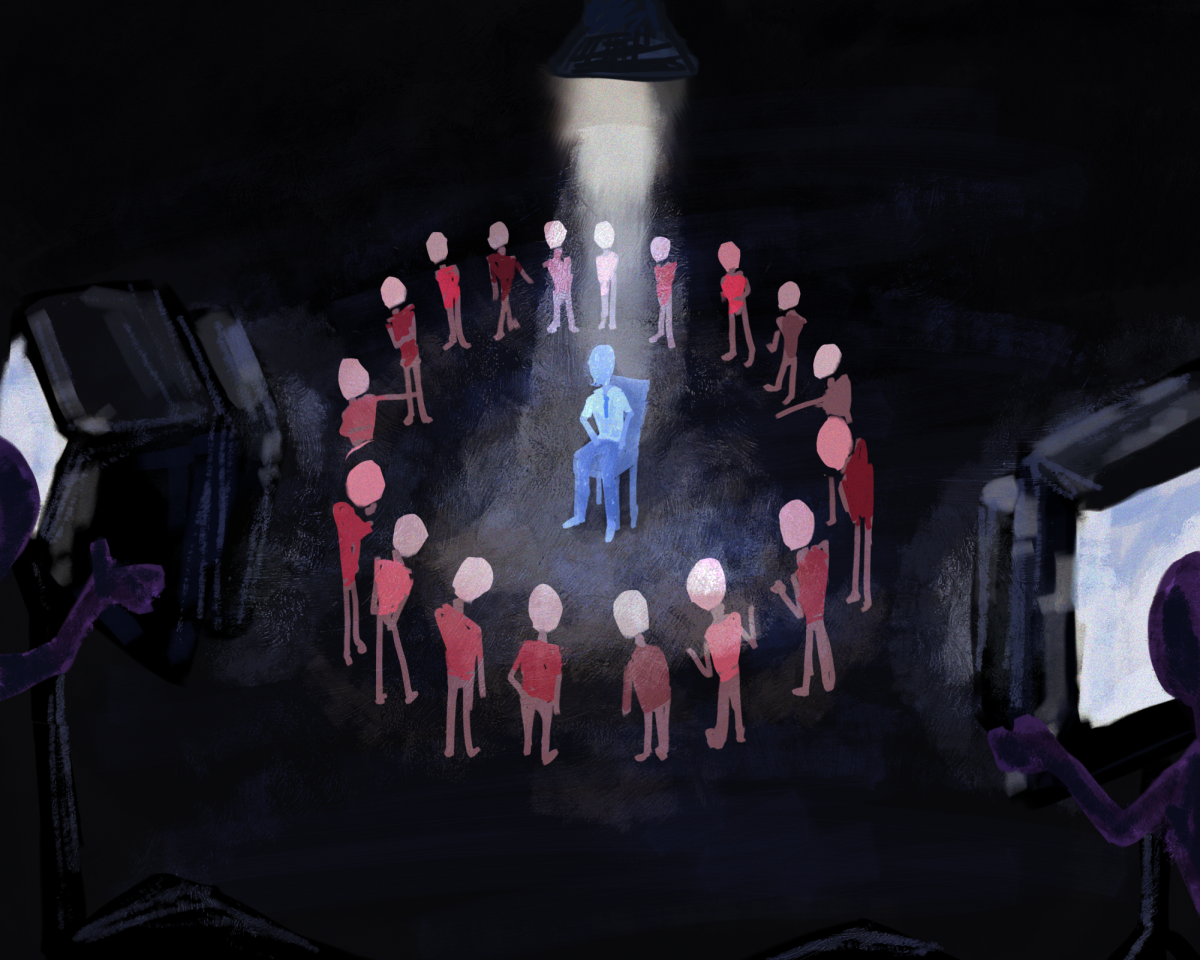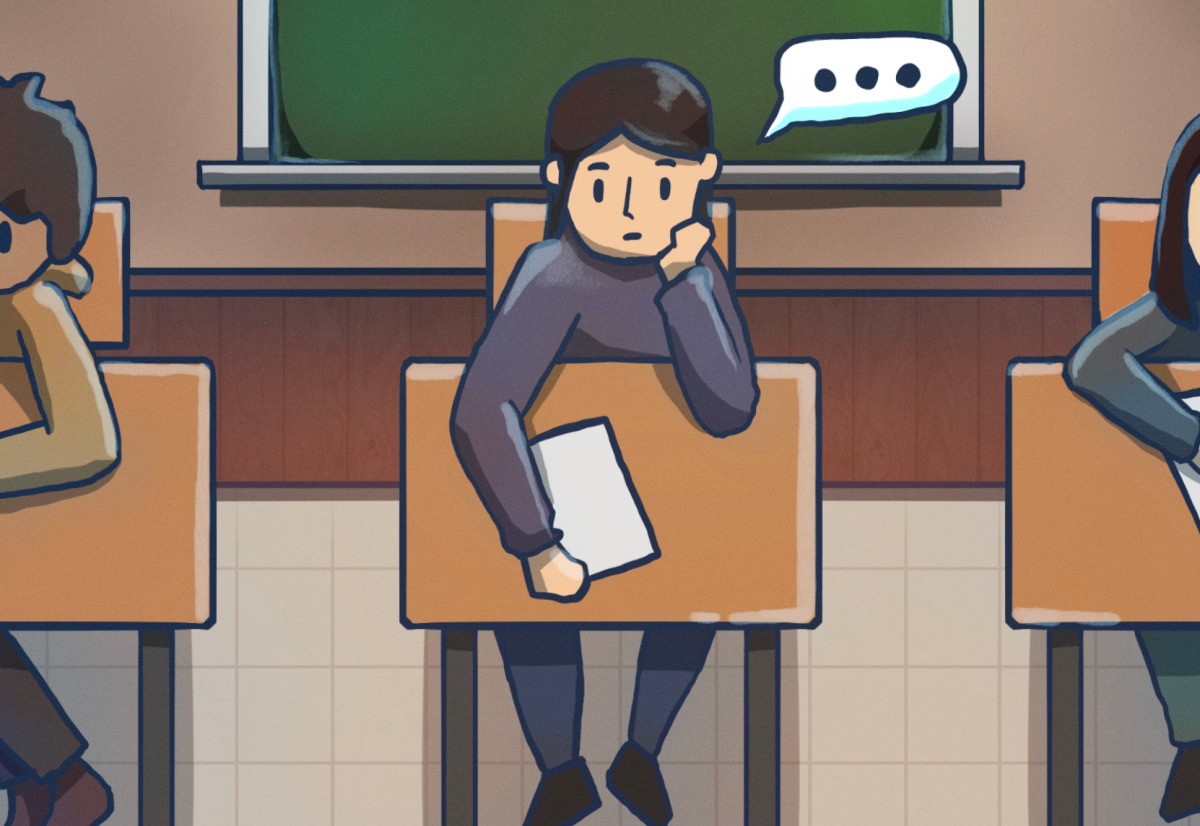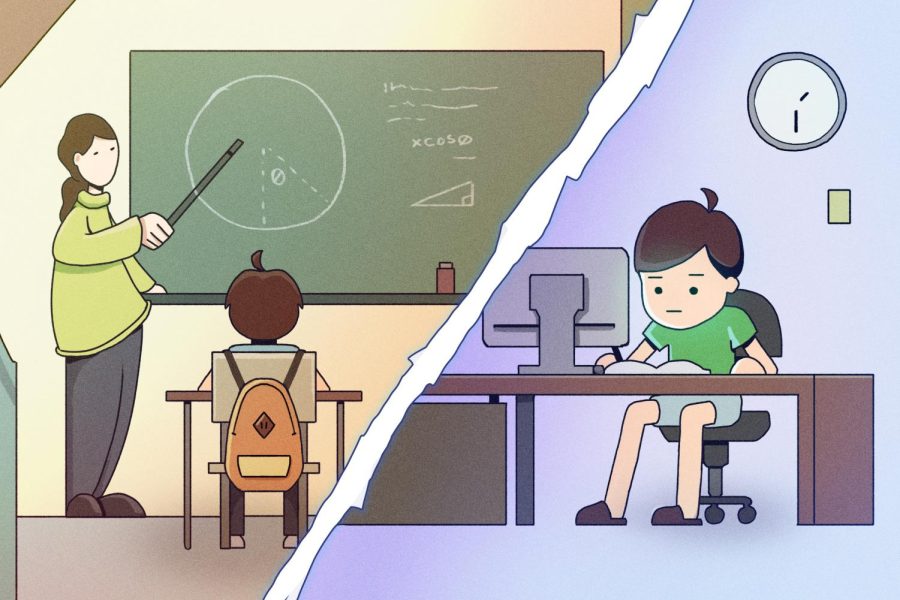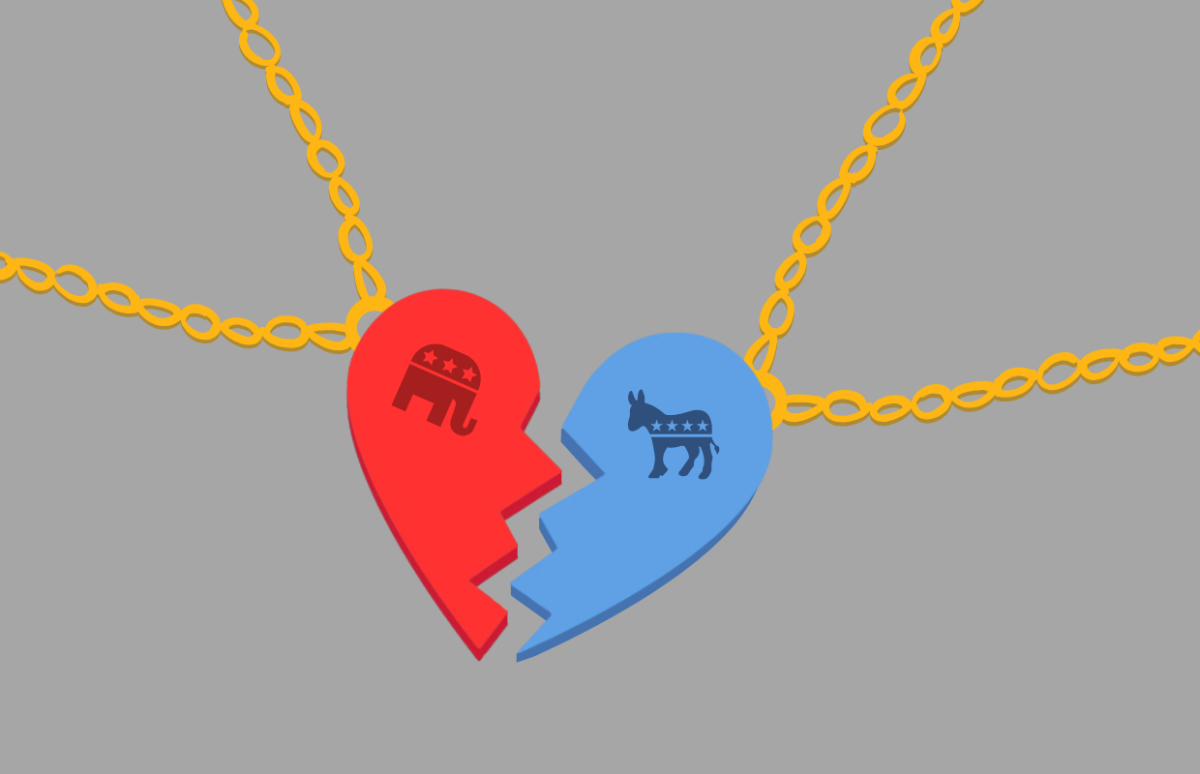At the bottom of my nightstand sits a small orange and purple diary resting on a pile of books. I grab it from the stack, snatch a pen from my desk, prop myself on my elbows in bed, and begin writing. The words pour onto the page, and as my diary takes on my thoughts and their weight, I feel lighter.
I started journaling at five after receiving a diary for my birthday. I was learning to write, so my first “diary entries” consisted of one or two sentences describing something my childhood self considered significant — my American Girl doll, school field trips and the new babysitter coming to my house for the night.
My earnest reports of “special events” and day-to-day life reflect the innocence and purity of my childhood and allow me to relive these memories. As I grew older, my entries changed, becoming more meaningful and sporadically written. However, as my school and extracurricular responsibilities grew parallel with my age, I had less time to delve into the recesses of my mind. Life took over, and I forgot and stopped caring about my diary.
At the pandemic’s beginning, my mom encouraged me to keep a journal detailing pandemic-era experiences and moments, from the mundane to the world-altering. She explained we were living in historic times and that I would want to look back at my experiences growing up in them when I was older.
I laughed, doubting that I would ever want to go back and read about life in quarantine, but I dug out my diary nevertheless. I smiled and laughed as I paged through it, growing increasingly emotional with the discovery of each forgotten memory inked on its blue pages. I wanted to add more; this was my chance to write and navigate through the stress-filled world we were living in, and I was determined to give it a shot.
I started writing at night to decompress and put my thoughts on paper, often while listening to music or the news. My diary entries from that period are a collection of emotionally charged moments, COVID statistics and hopes and anxieties about the future. Journaling didn’t magically grant me peace, but it did provide an outlet for my thoughts and frustrations. My diary served as a listening ear that helped me process and cope with the uncertainty in my life, allowing me to release my worries tangibly.
I’m not the only one to experience the benefits of journaling, which research indicates extend far beyond what meets the eye. Findings from a study by an assistant professor in the University of Nebraska’s Department of Psychology indicate that journaling might increase students’ self-efficacy — their confidence in their ability to succeed at something. Another study published by the NIH indicates adults with both medical conditions and heightened anxiety experienced improved well-being and decreased mental distress after 12 weeks of regular online journaling. The study also showed an association between long-term journaling and increased resilience in the short term.
The short entries I wrote in those early years may have been childish, but they were meaningful. My entries are a window into my life, showing who I respect, what I care about and my interests, dreams and fears. Being able to look back on how I’ve changed and grown is nostalgic, but more importantly, those glimpses remind me of how far I’ve come and show me how far I can go — something I would’ve never been able to see without that orange and purple diary.



